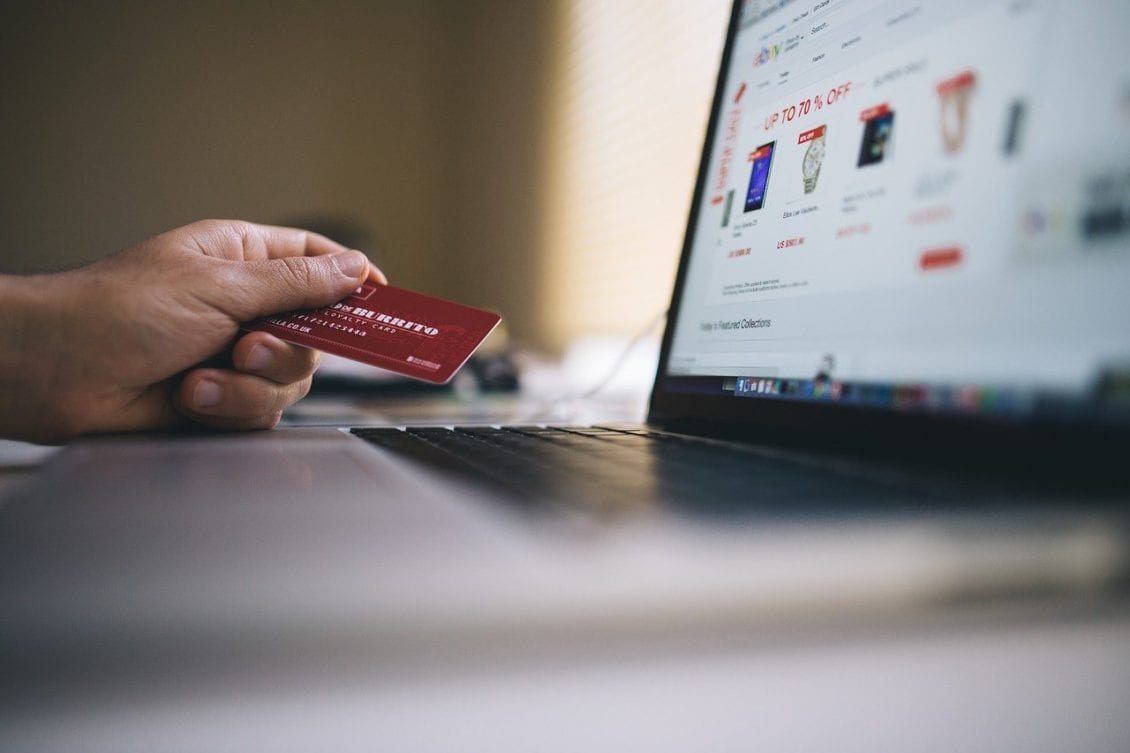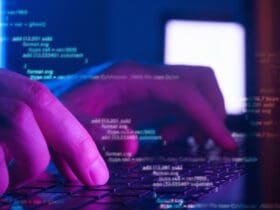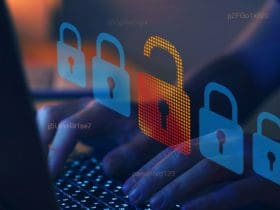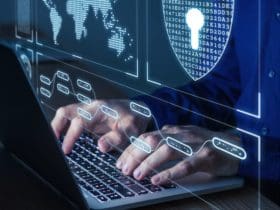While we’re in lockdown and dealing with a very different world to the one we’re used to, it’s easy to get distracted by social media.
Keeping in touch with family and friends while cooped up is vitally important for our happiness, and also our mental health.
But social media could also cause us problems if we’re not careful, particularly if we share more information than we normally would.
Rachael Medhurst, cyber security lecturer at the Newport Campus-based National Cyber Security Academy (NCSA), explains how an innocent social media post could help hackers learn lots more about you than you realise.
What’s happening in social media right now?
Lots of people are seeing questionnaires being posted on Facebook, which ask you to share seemingly innocuous personal details, such as the name of your first school, your first pet, perhaps where you went to college or uni, or where you grew up or were born. Some ask you to share a particular picture from your phone, perhaps ‘the 16th image on your camera roll’. It can pass the time and seems like fun.
So, what’s the problem with doing that?
Hackers can only succeed if they have your personal information, and by doing seemingly fun questionnaires you’re could be handing them your data on a plate. People often use something familiar to them as their password, such as their child’s name, mother’s maiden name, first school, hometown, pet, favourite colour, sports team. It’s just human nature to do that, but the hackers know that and can use it to their advantage. Sharing pictures can be even more dangerous. Most pictures are now geotagged, meaning hackers can see where they are actually taken. With many people currently staying very close to home, they can easily discover where you live.
That’s a bit worrying, what can I do about it?
In simple terms, make sure your password is not something that can be easily guessed, even if you’ve answered one of these social media questionnaires. Make it at least 15 characters, try to include some special characters – such as £,$,%,*,!,^, – and don’t tell anyone what it is. People often use words that are in the news, so hackers will very likely be trying to see if ‘coronavirus’ is your current password. Try to use different passwords for all your different online accounts, such as social media, banking, email, digital TV – wherever you sign in. Look at the privacy settings on your social media accounts too, and get them locked down so only the people you want to see your posts can actually view them.
Being sensible and thoughtful about what password you choose could save you a lot of hassle in the long run.








Leave a Reply
View Comments